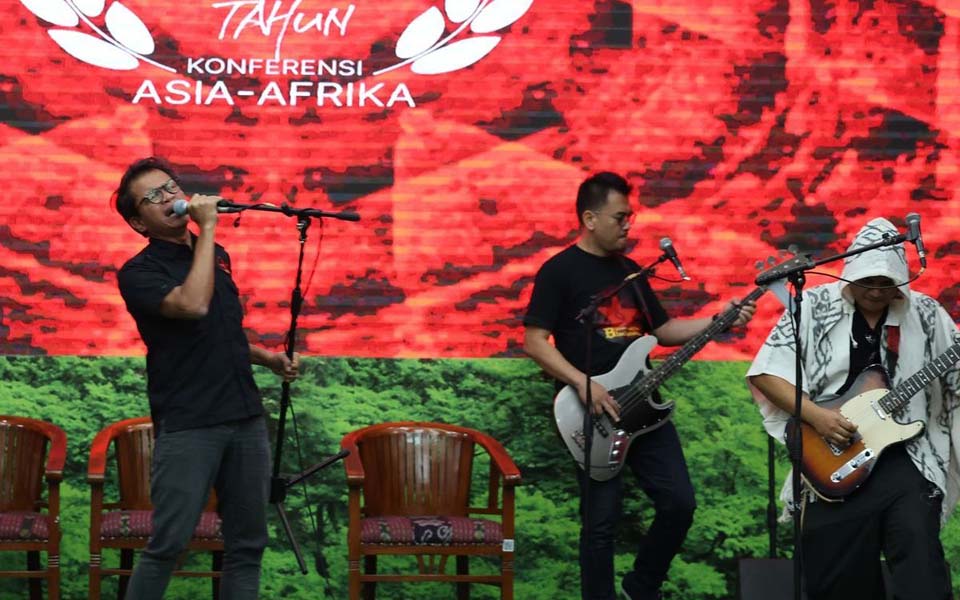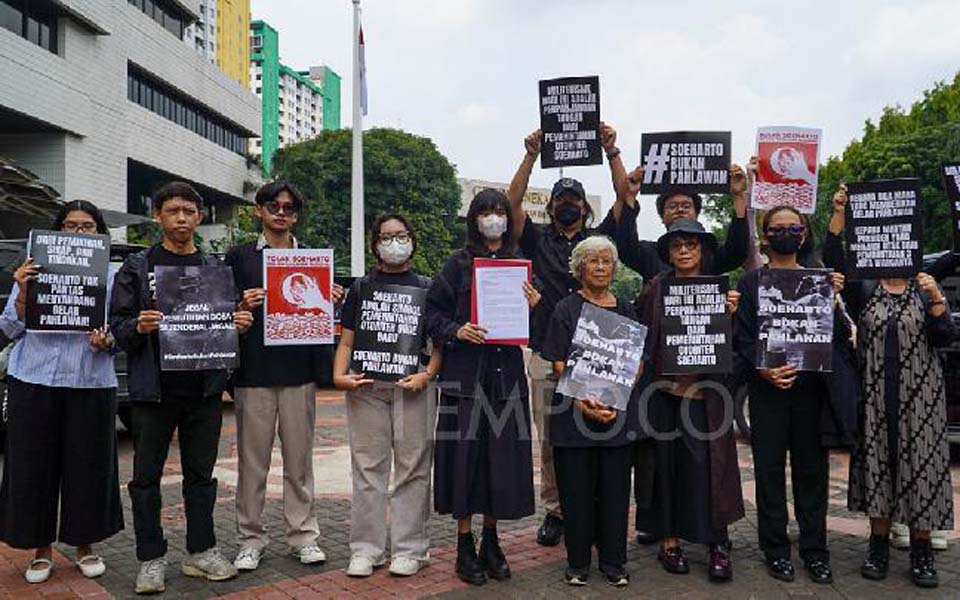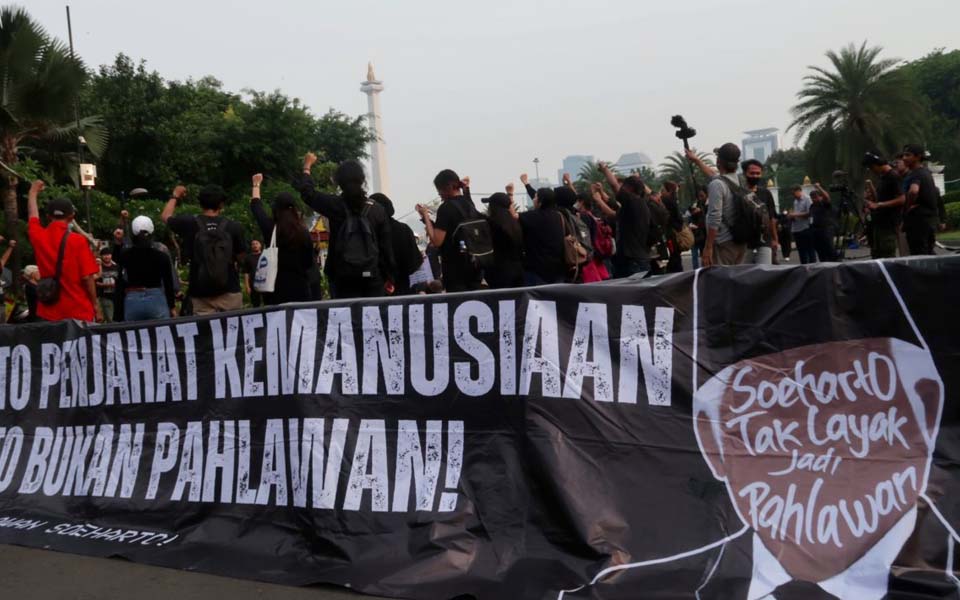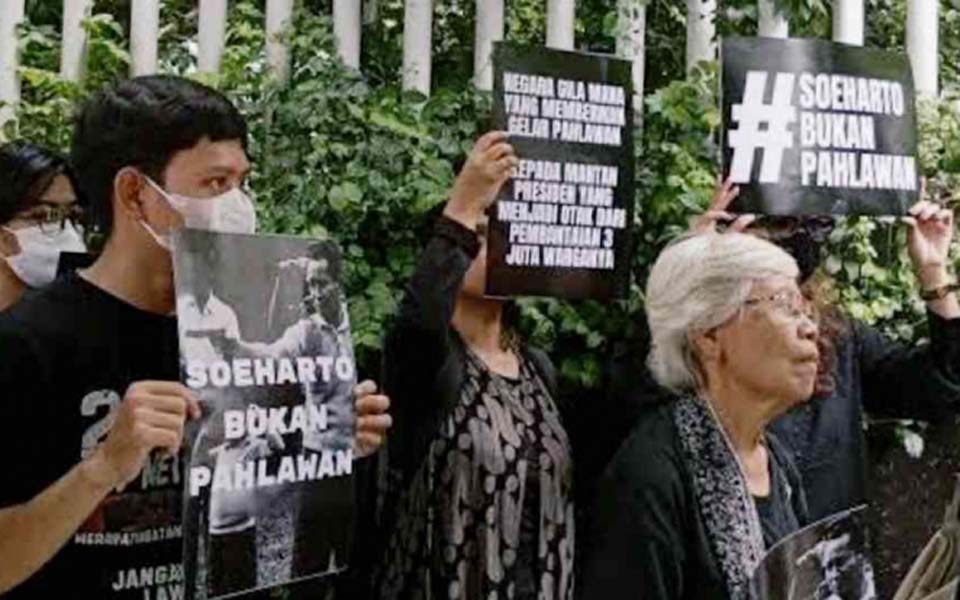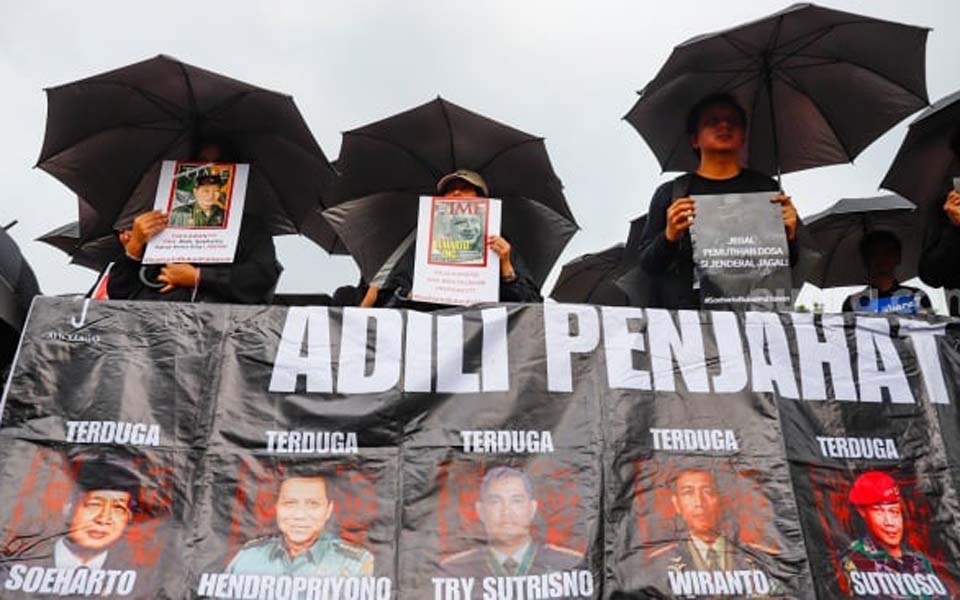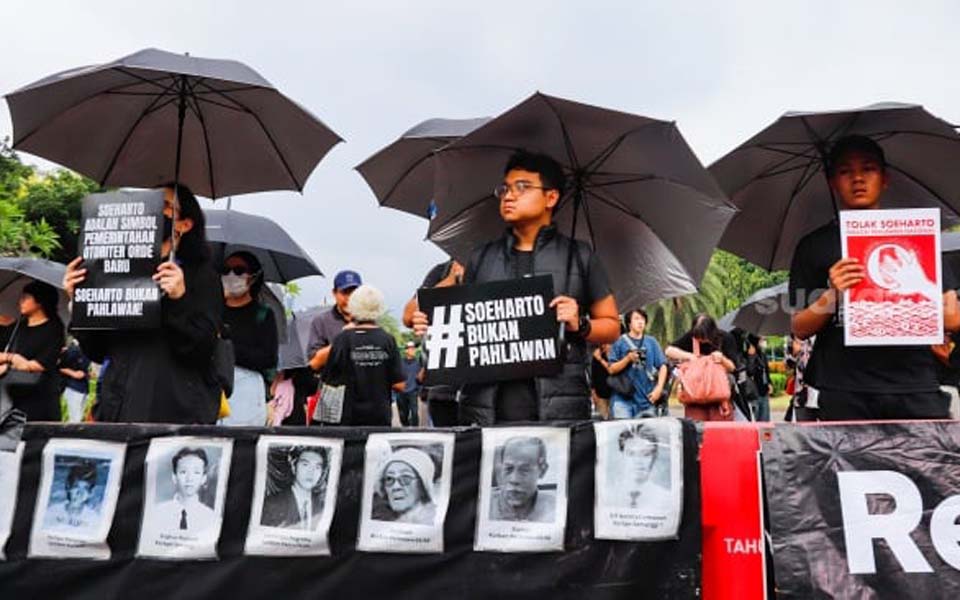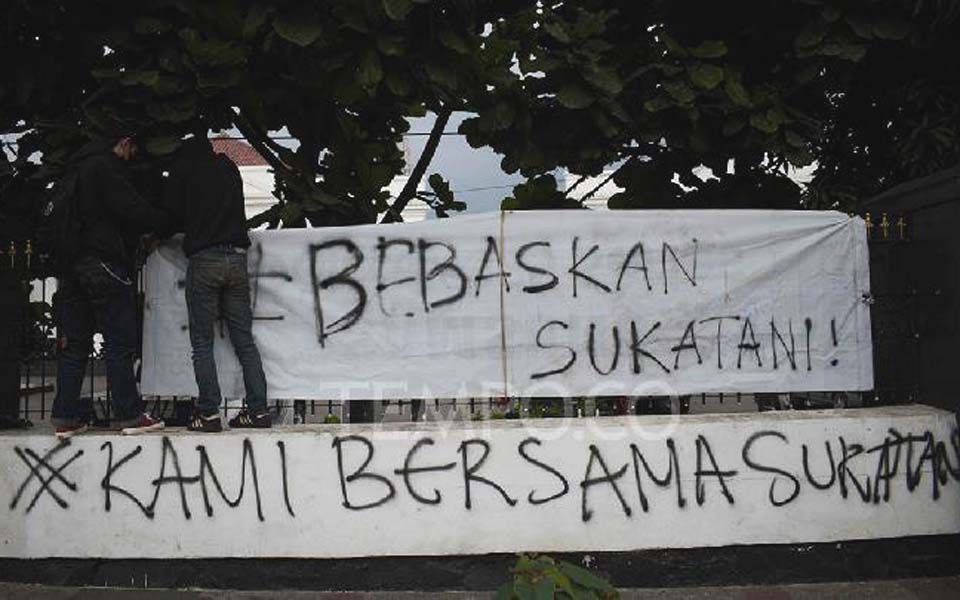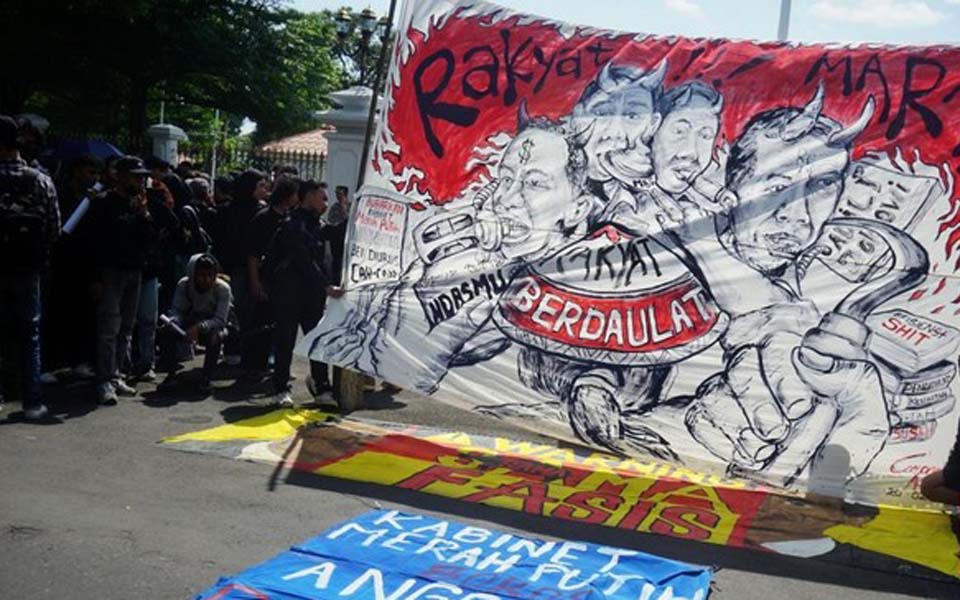Jakarta – The Indonesian police plan to conduct cyber patrols of WhatsApp groups. The patrols will be done by means of investigating information on hoaxes being spread through WhatsApp groups based on complaints from the public.
“These patrols will be patrols of the virtual world meaning we will be looking into the virtual world. But in the case of WhatsApp it won’t be to the point of accessing chat groups, we don’t have that authority”, said National Police Criminal Bureau Cyber Crimes Directorate II Sub-Directorate Head Senior Commissioner Rickynaldo Chairul in Jakarta on Friday June 14.
“We’ll wait for complaints from the public, then we’ll dig into information from people who complain”, he added.
The police’s initiative has received a positive response from the Ministry of Communication and Information but has attracted criticism from observers and civil society groups.
According to Communications and Information Minister Rudiantara, “cyber patrols” of WhatsApp groups are a law enforcement effort that cannot be allowed to be hindered.
Rudiantara says that police will conduct patrols when there are WhatsApp group members who are involved in breaking the law.
“If it’s deemed to violate privacy, but they continue to break the law, why can’t the police go in? What kind of law enforcement would that be? Yes, this [kind of] law enforcement cannot be allowed to be hindered”, he said.
New Order model
Institute for Security and Strategic Studies (ISESS) researcher Khairul Fahmi understands the police’s reasons for wanting to monitor WhatsApp groups, an extremely crowed platform of communication and information traffic.
According to Fahmi, the digital era today is the most challenging era because it can become a threat to national security as well as democracy.
The planned patrols by police, according to Fahmi, would be like a policy of placing security personnel to guard street corners in residential areas. This is something that is commonplace and is aimed at maintaining control of the security situation. But, said Fahmi, the move will have consequences.
Fahmi said that as a consequence of the policy the public will most certainly feel that their room for expression is being restricted. Fahmi compared the supervisory mechanism being proposed by the police to what occurred during the New Order dictatorship of former president Suharto.
“If today we believe that these kind of prohibitions, restrictions and monitoring are a correct and effective measures, actually we are reviving the ‘New Order model’ which we have been critical of and collapsed more than 20 years ago”, Fahmi told CNN Indonesia.
During the Suharto administration, said Fahmi, obedience was not built on consciousness or reasoning but by managing citizen’s sense of fear. Discipline, obedience and order were created because society was intimidated by the feeling that they were constantly being watched.
Panopticism
“The term which comes closest is panopticism. Now, when a social consciousness is formed that fear and anxiety is groundless, first of all we will be confronted by anarchy and then chaos”, said Fahmi.
Panopticism is a social theory that attempts to picture how power works to “discipline” society. The concept of panopticism was developed by French philosopher Michel Foucault who was influenced by the prison designs of British philosopher Jeremy Bentham.
In the architecture of a panopticon prison, a watch tower is build in the middle of prison cells which are designed in a circle around it.
The presence of the watch tower creates a psychological effect on the prison population so that that they feel that they are constantly being monitored, regardless of whether or not the monitoring is actually taking place.
Under the panopticon architecture, the mechanism of surveillance and discipline are carried out in a secret manner, without physical violence or punishments, and can be applied to broader society beyond the prison walls.
Under the context of cyber patrols, this surveillance will cause WhatsApp users feel that they are being monitored by the government even though it is not clear whether this surveillance is being carried out in a constant and effective manner.
Legality issue
According to Fahmi, the issue of internet surveillance is actually closely linked to the issue of legality. He then cited a statement by the National Police that they would not be monitoring WhatsApp groups directly.
Earlier, the head of Indonesian Police Public Relations Division Information Section, Senior Commissioner Asep Adi Saputra, said that the “cyber patrols” would not be carried out by actually accessing WhatsApp groups.
Saputra said that there are two kinds of social media (medsos), namely those that are open and those that are restricted. WhatsApp, he said, is an example of a restricted social media.
However, he continued, screen captures of WhatsApp chats are often taken and then spread on open social media platforms such as Facebook and Twitter. It is at this point that the police will conduct investigations.
“So we can’t access them [WhatsApp groups] just like that, so all of it has to be through procedures and legal mechanisms”, said Saputra.
According to Fahmi, this justification is simply an attempt to counter accusations that the National Police are already carrying out illegal activities.
“But it is clearly very difficult for us to ignore the possibility of surveillance activities that are not acknowledged which in everyday language is often referred to by the remark ‘why would intel admit they’re intel’”, said Fahmi.
A statement by the police claiming that they will be cooperating with the Communications and Information Ministry and the National Cyber and Encryption Agency (BSSN) is also an effort to obtain the authority or a legal umbrella to carry out cyber patrols.
“So that that the activities, which if they are already underway, will be legal, have a legal basis and can be exploited in the interests of law enforcement”, said Fahmi. (bmw/wis)
[Translated by James Balowski. Additional subheadings were included during translation. The original title of the article was “Polisi Patroli WhatsApp dan Rezim ‘Panoptikon’ ala Orde Baru”.]






